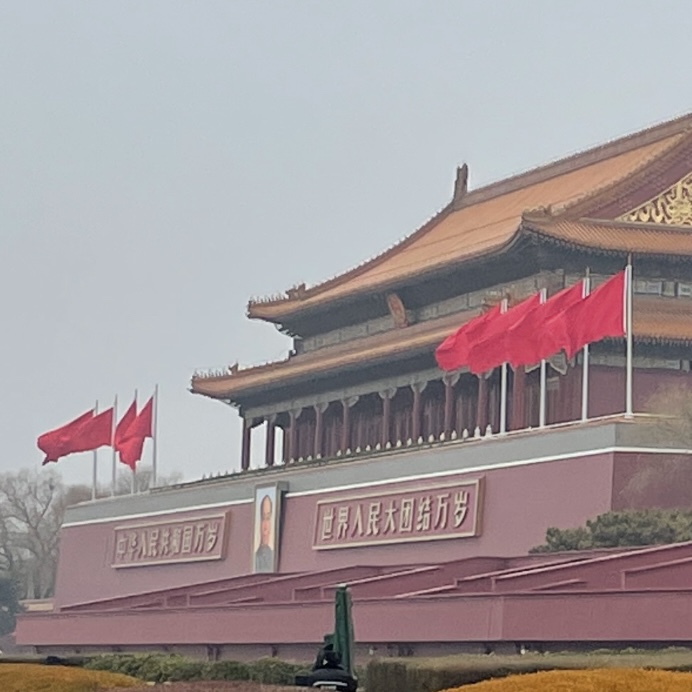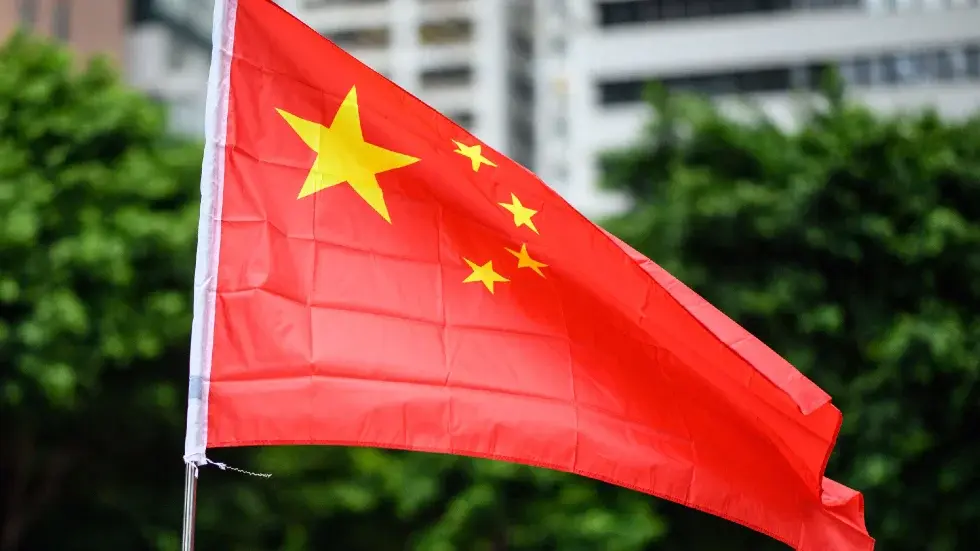Some thoughts and points I’ve noticed in/about China:
- Everything you hear from Global North media is wrong or misleading. Perhaps there are a few exceptions, but if you ever come to China you will find all the media narratives are false or misleading.
- You should always try to keep in mind the diversity, size, and expansive history of China when trying to analyze or understand it. China has 56 officially recognized ethnic groups, the land mass is slightly larger than all the US (any articles that say China is smaller are using the CIA world factbook which counts certain maritime zones for the US but not China), and China/Chinese culture has a history of some 5,000 years. (Liberal analysis is already unreliable, but also ignores just about all of this)
- On the topic of ehthic minorities, they enjoy quite a bit of support for their culture and socioeconomic status. Minorities with significant presence in provinces (e.g.: Xinjiang) and smaller administrative divisions will have special “autonomous” statuts. They have special provisions, for example ID cards will be written in Simplified Chinese and the language of the ethnic group. Minorities also have preferential treatment (similar to affirmative action) for university entrance. Moreover there are special universities for “nationalities” (ethnic minorities) such as the well reputed Minzu University in Beijing.
- Global North economic indicators like GDP per capita don’t measure the level of development well. While people work hard throughout the country, they also have a good quality of life and opportunities. This includes smaller cities which according to Global North statistics would be much poorer, and should have access to less services. (Also everywhere is extremely safe, both from petty and violent crime)
- Political sentiment is complicated, it’s not overwhelmingly negative, but there is differently a divergence and a plurality of opinions. In the countryside you will find many homes, including new ones, with large portraits of Mao. Shanghai on the other hand is very liberal. However the party has generally good support and no real political opposition internally.
- The party is ingrained into society. Many young people aspire to join the party, which is a competitive process. Institutions such as universities have official party committees, which jolw much of the power. Likewise, most companies also have a party presence and oversight.
- Despite developing rapidly, China is very large and still has some regions and areas in need of development. The party is aware of this and has is doing and exemplary job. Young people are encouraged to go to the countryside to volunteer and work. Many young officials are sent to work in such areas. There is a reason why a majority of the reduction in poverty globally is thanks to China.
- Global North, particularly American cultural hegemony has influence still. It’s is waning, but is certainly a challenge and is one of the key issues to address. While the youth has political education, it seems to not be particularly effective. The party should probably try it’s best to present attractive and engaging counter narratives. This has had success on geopolitical issues, such as Russia/Ukraine where most people have an ML or ML adjacent position. However, it remains to be developed for economic and social issues. “Western” economics is taught uncritically in many institutions.
- Relatedly, many people are pessimistic at times about China’s future economic trajectory and growth. This may be because of the Western influence in economic understanding. I believe China’s economy has good potential, as long as the party keeps steering the market and SOE well, as they have done. Also, China is fundamentally restructuring it’s economy to become green, which is at the expense of some areas/cities, e.g.: those that produce coal. That being said it is for the overall good of the economy and society. Moreover, the greening of China was pioneered by comrade Xi, which is a position he has held long before it was mainstream or popular in China or the West.
Sorry for any typos. I’d welcome discussion and to hear others thoughts.


When something bad happens in China, there’s a tendency for supporters of China to explain it while not shifting the blame onto the system of socialism. This is because critics of China will always find a way to blame socialism for all the bad things in China, always turning what should be an analysis of the specific situation into a debate of capitalism vs socialism.
There’s a Chinese phrase for this sort of bad faith behavior: 上纲上线, that is common during the Cultural Revolution to politicize everything instead of 具体事情具体分析 (analyzing the specific situation). Ironically, this has been happening for decades on the internet when the topic is about China, and is also occurring in the US between the Democrats and Republicans.
China is not a utopia, I’m glad that comrades here are defensive of China, but I suggest that we should avoid falling into the ideological warfare trap when it comes to discussing bad news in China. There’s no shame in admitting deficiencies where they are warranted, and of course feel free to refute baseless claims and misinformation. Now I know this approach seems too non-confrontational for some, but ideological warfare is off-putting to unwitting bystanders who have not committed to a particular ideology, and will just turn away or go with whichever side is more familiar.
The western narrative is youtube “economists” being paid to say over and over every year that China is gonna fall, and even by westers economic measurements, with a yearly 10% GDP growth any economist would instantly cum in their pants if they managed to do that in the west.
Agreed, no system, group, or party is infallible. There are many genuine critiques that can and should be made.
One nuance I’d add is that it’s essential to do self criticism internally within the circle of principled communists to learn from our mistakes and improve. However, we should never entertain bad faith criticisms from the outside. That has to be the basis for whether we engage in critique or not.
@[email protected]